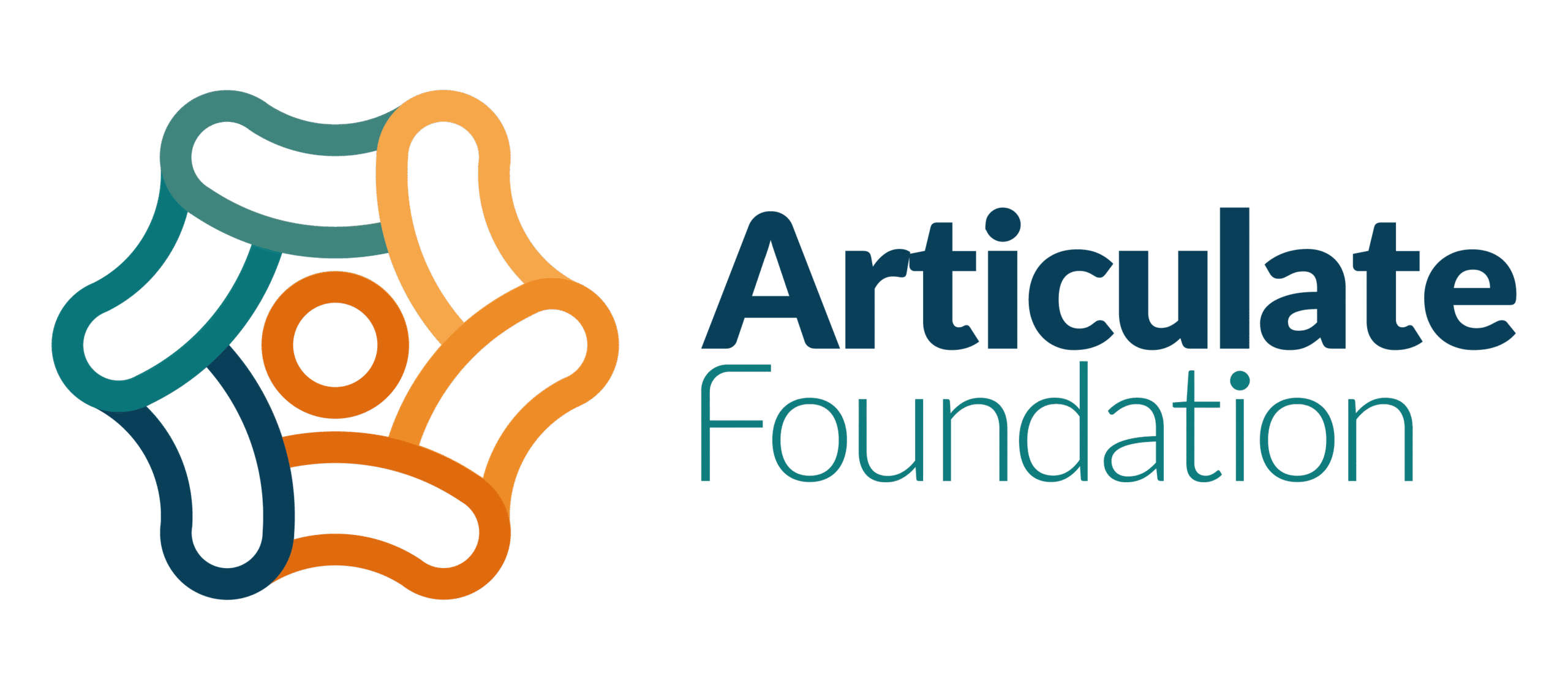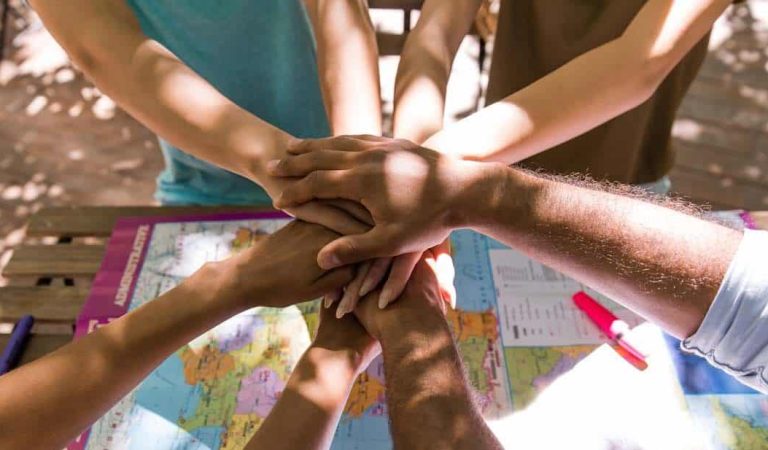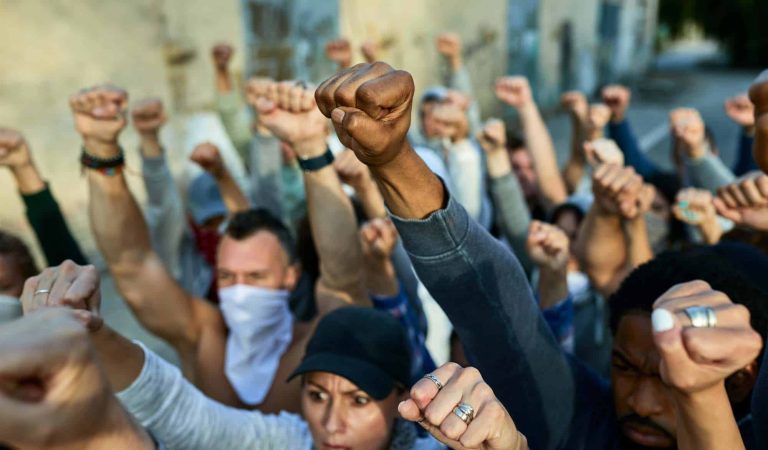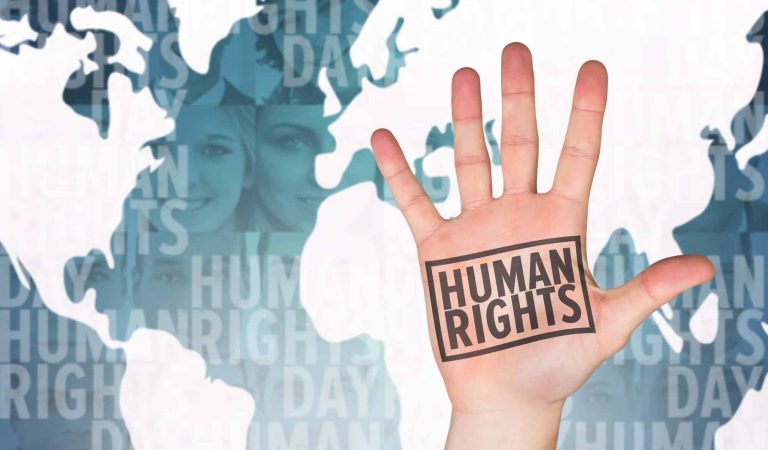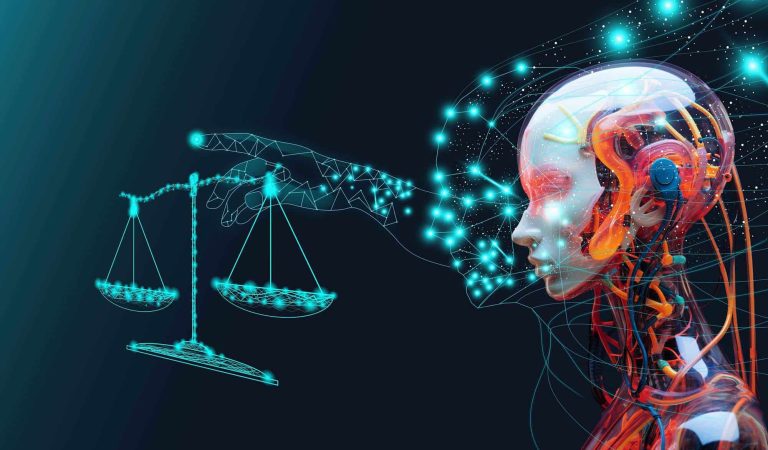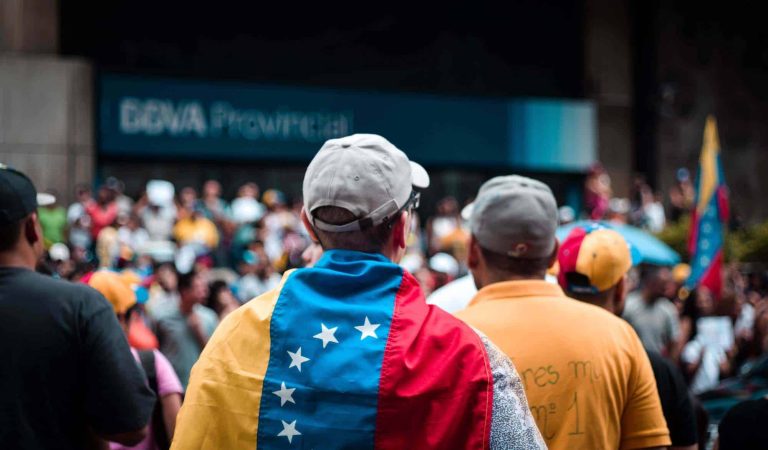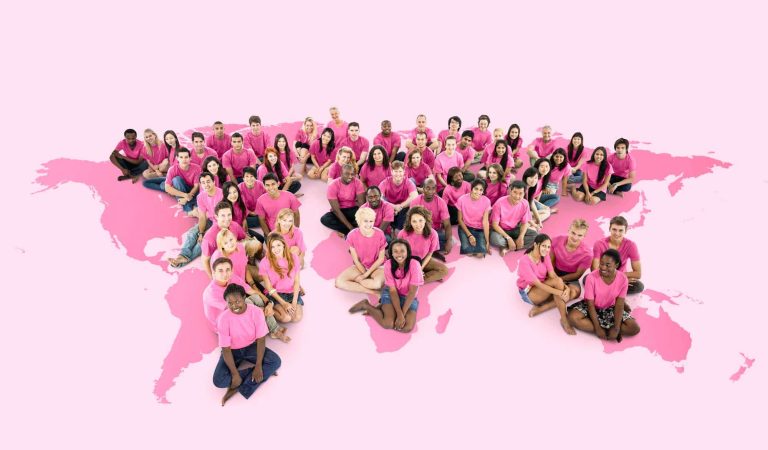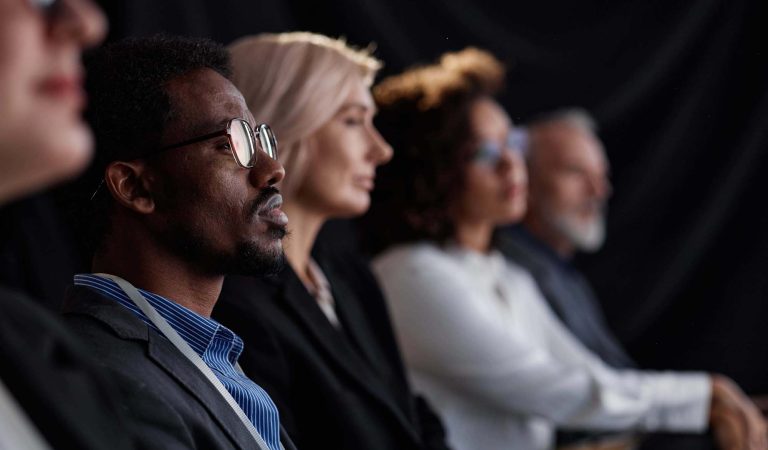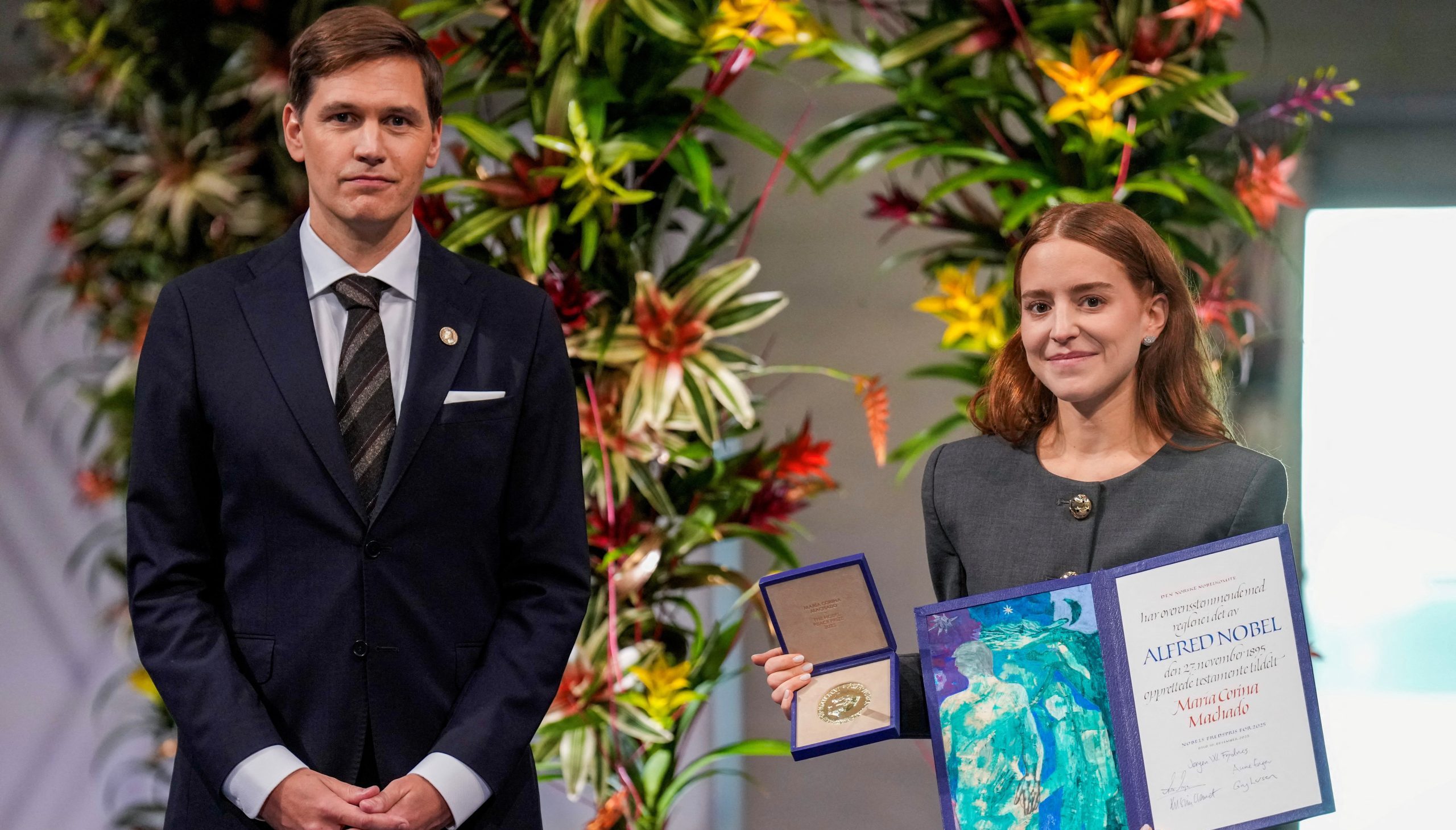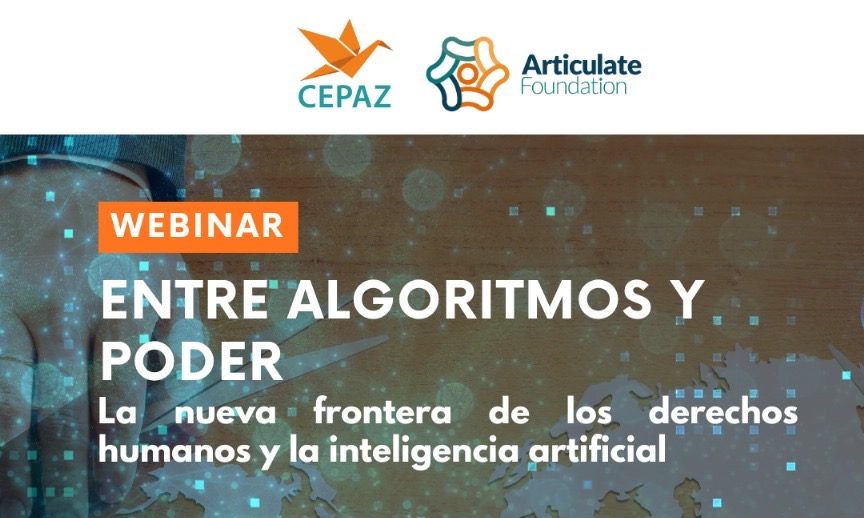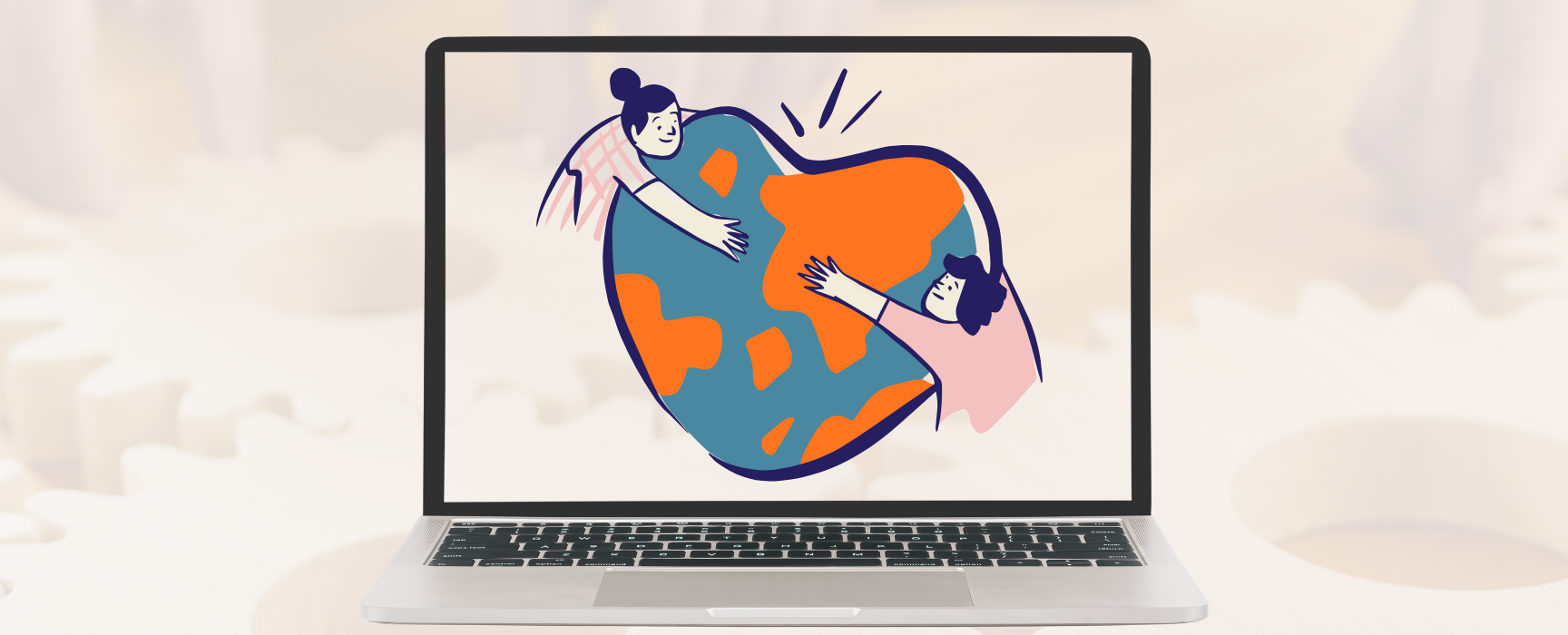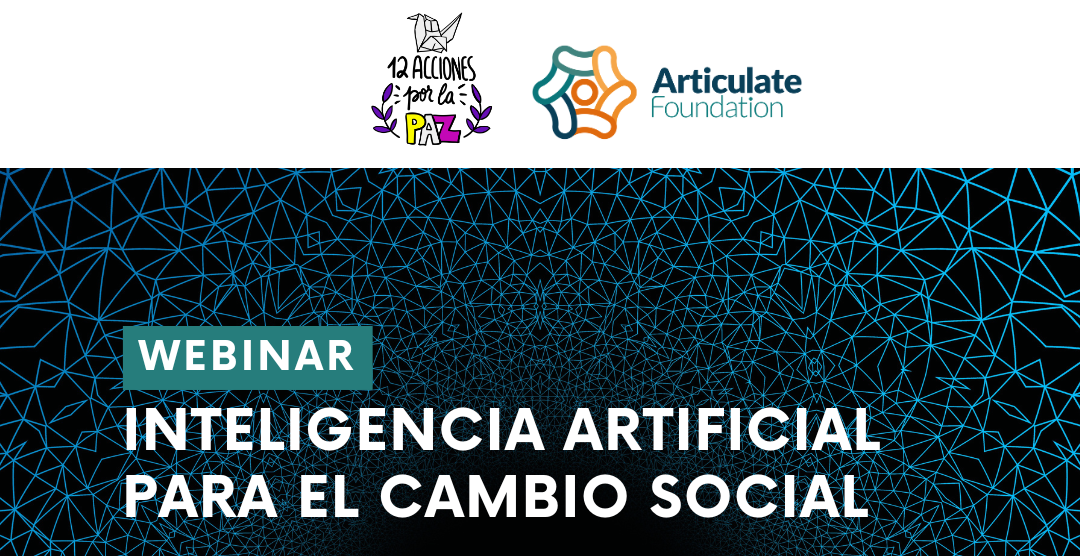Date: October 23, 2025
Time: 10:00 a.m. (Venezuela / EST)
Location: Zoom
Organized by: CEPAZ & Articulate Foundation
👉 Register here
About the Event
Artificial Intelligence (AI) is no longer a distant promise—it is the new infrastructure of global power. Its influence reaches how we access information, make decisions, and even define justice itself.
This webinar, Between Algorithms and Power: The New Frontier of Human Rights and Artificial Intelligence, explored the opportunities and risks that AI brings to the defense of human rights and the sustainability of civil society.
The event featured Beatriz Borges and Cristina Ciordia (CEPAZ), and Faisal Yamil (Articulate Foundation), who shared complementary perspectives from their work in advocacy, research, and innovation for the social sector. Together, they examined how algorithms, data, and automation are shaping civic space, democratic processes, and the future of advocacy.
The conversation combined legal, ethical, and practical viewpoints on how to use AI responsibly to strengthen transparency, participation, and impact in human rights work.
Key Themes
- The non-neutrality of AI: how algorithms reflect human bias and power structures.
- Surveillance and privacy: the risks of mass data collection and behavioral profiling.
- Bias and discrimination: how automated systems reproduce inequality.
- Ethical governance and accountability: ensuring AI serves human dignity.
- Opportunities for social impact: responsible uses of AI to expand access, improve evidence, and amplify advocacy.
Why It Matters
As algorithms increasingly mediate power and influence, human rights defenders must understand—and shape—their effects. This dialogue reaffirmed that the challenge is not to stop innovation, but to humanize it.
Civil society’s role is to ensure that technology strengthens democracy rather than weakens it, transforming AI into a tool for justice, participation, and collective progress.
A timely dialogue on how artificial intelligence is reshaping power, rights, and democracy — and how civil society can turn risk into opportunity.
